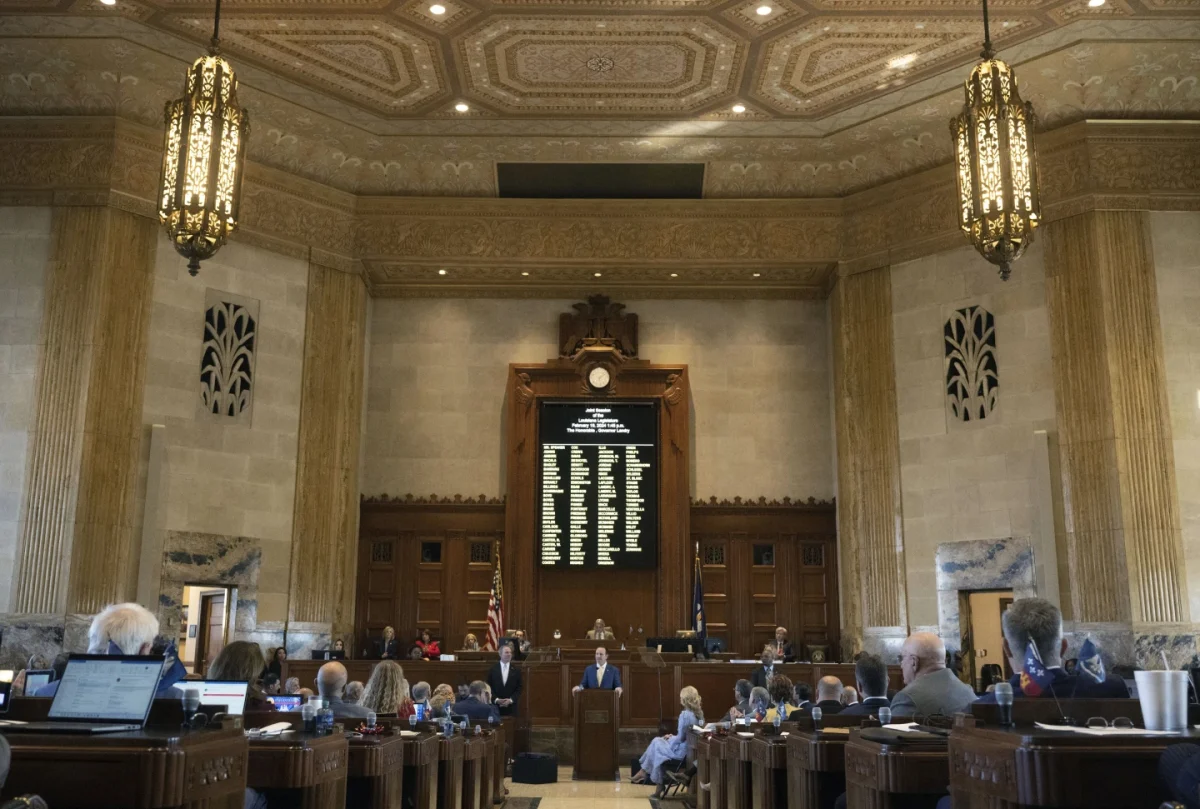A songwriter walks into a bar and starts chatting with the bartender. The bartender asks, “How’s the music business treating you?” The songwriter replies, “Well, let’s just say I’m still waiting for my big break – and by break, I mean fair pay.”
Behind so many chart-topping hits and soul-stirring ballads lies the creative genius of songwriters, yet their compensation remains disproportionately meager compared to major music companies and our favorite artists. This systemic injustice not only undermines the value of their craft but also jeopardizes the future of musical innovation.
Songwriters usually earn royalties from various sources, including mechanical royalties for the reproduction of their compositions on physical media and digital downloads, performance royalties for the public performance of their music on radio, television and live performances, and synchronization royalties for the use of their music in film, television and commercials.
However, streaming has fundamentally changed the landscape of revenue distribution and how we consume music.
Streaming platforms like Spotify, Apple Music and Pandora are how most consumers access music. As a result, songwriters often receive fractions of a cent per stream, which can amount to paltry sums even for songs with millions of streams.
Furthermore, the rise of user-generated content platforms, such as YouTube, has further diluted the value of music, as songwriters receive minimal compensation for the unauthorized use of their compositions.
READ MORE: That’s that ‘we’ espresso: the Reveille’s 2024 songs of the summer
Several Grammy award-winning songwriters, including James Fauntleroy, Tiffany Red, and Dan Wilson, have all spoken out to voice their frustrations about the challenges faced by songwriters. In July 2020, Tiffany Red founded The 100 Percenters, an organization that advocates for the rights of music creatives.
In a 2023 open letter to Sir Lucian Grange, CEO of UMG, Tiffany Red said, “We demand that you prioritize the fair treatment and compensation of songwriters in your crusade for a new streaming payout model. The music industry is only possible because of the songs they write, and it is time for songwriters to receive the recognition and compensation they deserve.”
By presenting a united front, voices can be amplified, and the likelihood of a more sustainable ecosystem for musical innovation increases. One solution to improve the current landscape involves advocating for changes in music copyright laws to protect songwriters’ rights better.
This provides more straightforward guidelines and robust enforcement mechanisms for songwriters’ creative contributions. There’s also a need to urge streaming platforms to adopt fairer payment structures, such as equitable revenue-sharing models.
This would involve revisiting the current payment-per-stream model, which often results in little pay, even for hit songs.
Ultimately, the struggle of songwriters for fair compensation reflects a glaring injustice in the music industry. Pushing for changes in copyright laws and advocating for fairer payment structures, is crucial to make any movement towards a more equitable music industry that values the contributions of songwriters.
Brandon LaGrone graduated from LSU in May 2024.








